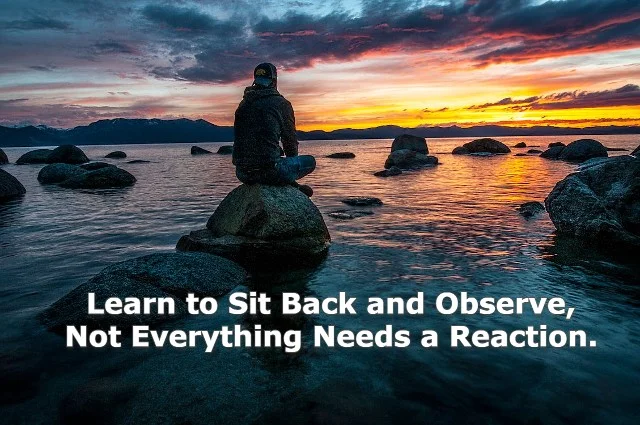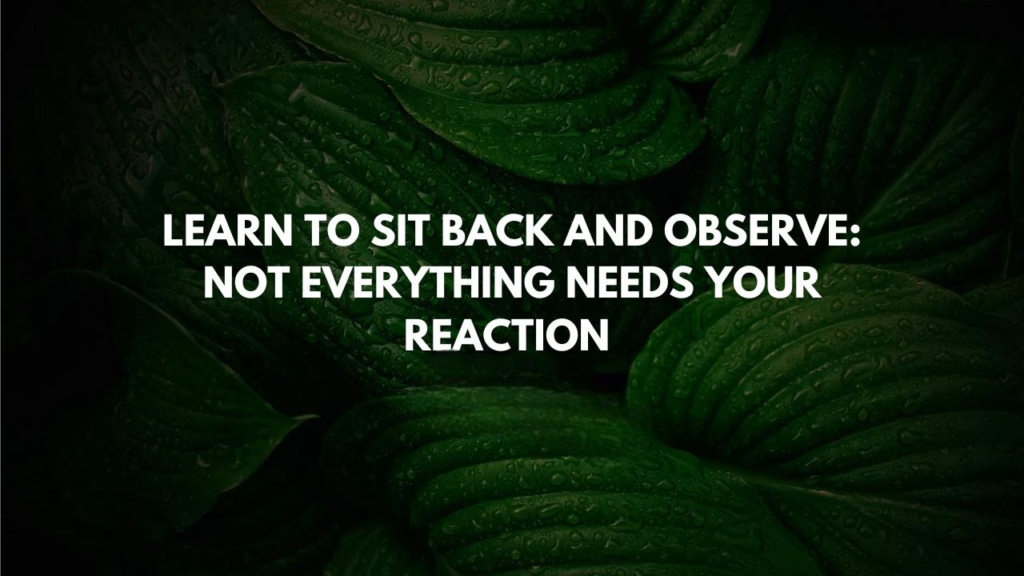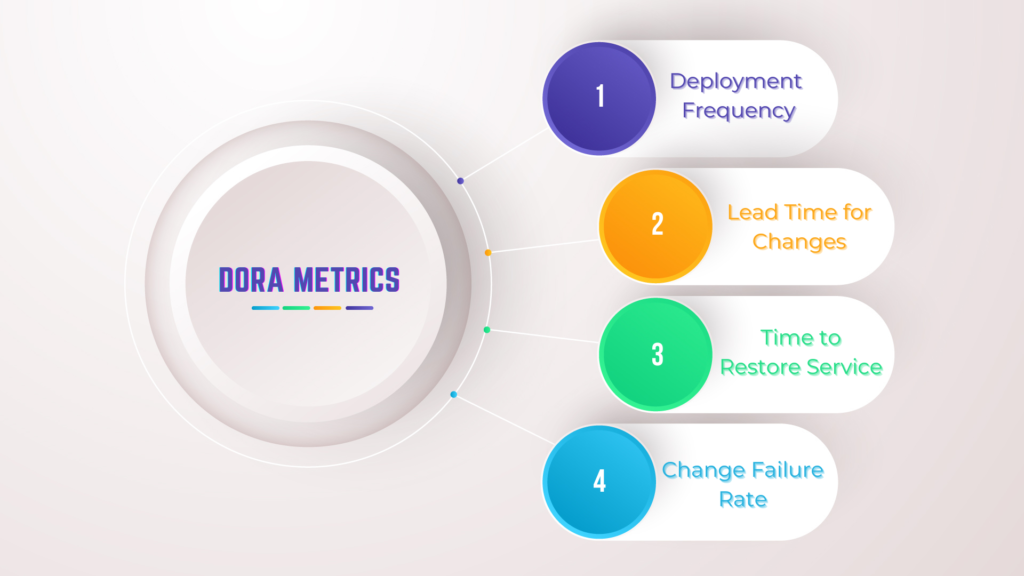7 Powerful Tips to Learn to Sit Back and Observe Effectively

The Importance of Learning to Sit Back and Observe
Learning to sit back and observe is a skill that can transform the way you approach life. In today’s fast-paced world, many people rush into action without fully understanding a situation. When you learn to sit back and observe, you gain valuable insights into your surroundings and the people around you. This allows you to make more informed and thoughtful decisions, avoiding impulsive mistakes. The ability to observe calmly can lead to better outcomes in personal and professional situations.
Why Patience Is Essential in Observation
Patience is a critical element when you learn to sit back and observe. In stressful situations, people often feel pressured to act immediately. However, true wisdom comes from taking the time to observe and assess before making any moves. By practicing patience, you give yourself the space to evaluate all angles of a situation. This thoughtful approach is especially useful in resolving conflicts and making long-term decisions. When you learn to sit back and observe, you prevent hasty reactions and open yourself up to smarter choices.
How Learning to Sit Back and Observe Improves Emotional Intelligence
One of the greatest benefits of learning to sit back and observe is the improvement of emotional intelligence. When you learn to sit back and observe others, you become more in tune with their feelings and emotions. This helps you to respond with empathy and understanding. In relationships, both personal and professional, this heightened emotional awareness can significantly improve communication and reduce misunderstandings. The more you practice observation, the more emotionally intelligent you become, allowing for healthier interactions with those around you.

Personal Growth Through Learning to Sit Back and Observe
When you learn to sit back and observe, it doesn’t just benefit your understanding of others—it helps you grow personally as well. Observation fosters self-awareness, enabling you to reflect on your thoughts and actions. This reflection leads to personal growth as you begin to notice patterns in your behavior. For example, you may catch yourself reacting in certain ways during stress. Through observation, you can work to improve those reactions over time. As you learn to sit back and observe yourself, you build better habits and become more mindful of how you interact with the world.
Effective Strategies to Learn to Sit Back and Observe
To truly learn to sit back and observe, practicing mindfulness can be one of the most effective strategies. Mindfulness encourages you to stay in the present moment, allowing you to observe everything around you without bias or judgment. Another practical technique is asking reflective questions as you observe. When faced with a challenge, ask yourself, “What is happening here that I’m not seeing right away?” These strategies enhance your observational skills and give you a clearer picture of situations as they unfold.
Professional Advantages of Learning to Sit Back and Observe
In professional settings, learning to sit back and observe can set you apart from others. Many successful leaders attribute their decision-making skills to their ability to observe first, then act. When you learn to sit back and observe, you gather critical information that helps you make informed decisions. This can be especially valuable in managing teams and understanding workplace dynamics. By taking time to observe the behaviors and interactions of colleagues, you can build better strategies for leading projects and resolving conflicts.
Balancing Observation with Action
While it’s important to learn to sit back and observe, it’s equally vital to know when to act. Observation isn’t about staying passive; it’s about being prepared to act wisely. The balance between observation and action is key to success. After observing, you’ll often find that your actions are more precise and effective. When you learn to sit back and observe, you gain the clarity needed to act at the right moment, ensuring better outcomes.
Conclusion: Embrace the Power of Observation
When you learn to sit back and observe, you open yourself to a new world of insights and opportunities. This simple yet profound practice can improve your decision-making, emotional intelligence, and personal growth. By embracing observation in your daily life, you cultivate a deeper understanding of the people and situations around you. So take a step back, watch, and see how much more you can achieve by learning to sit back and observe.













